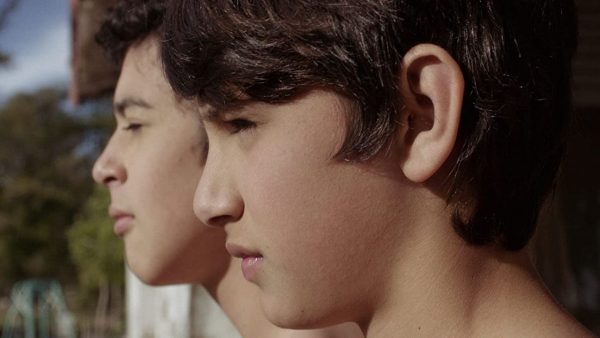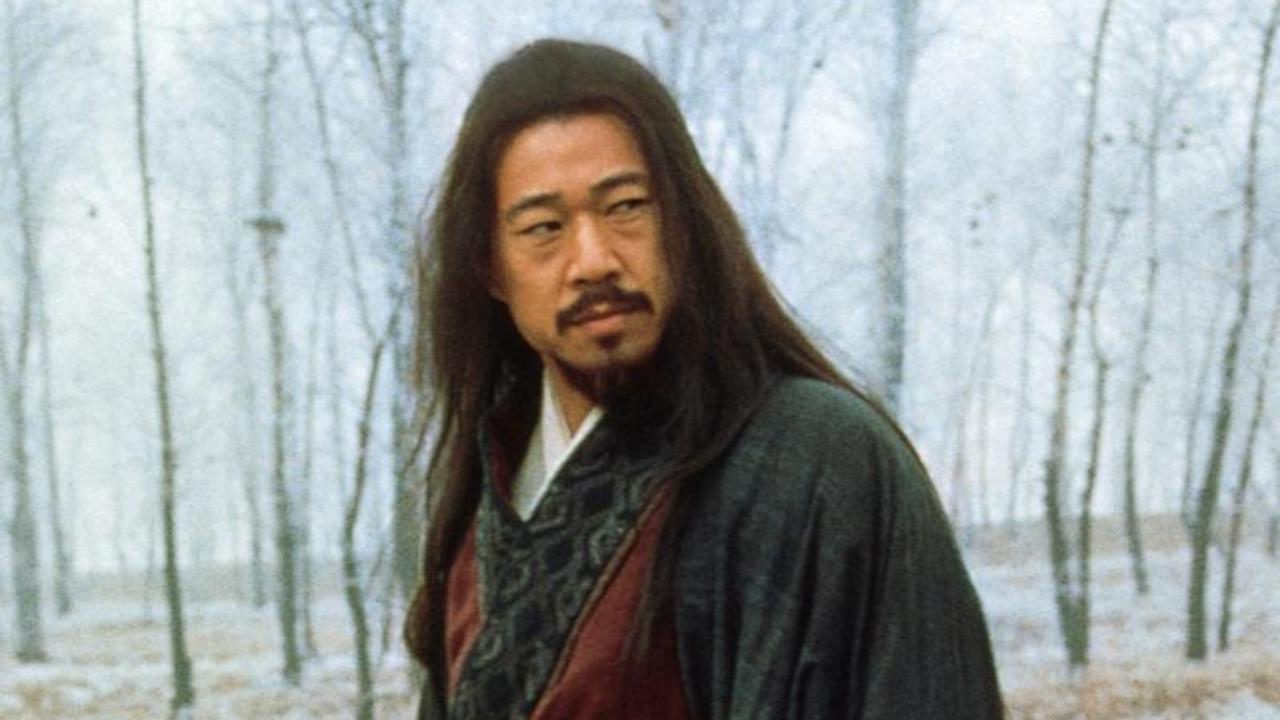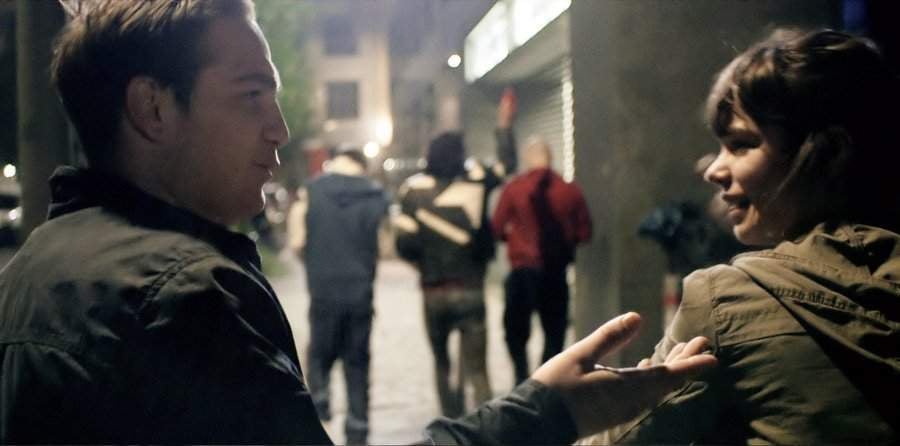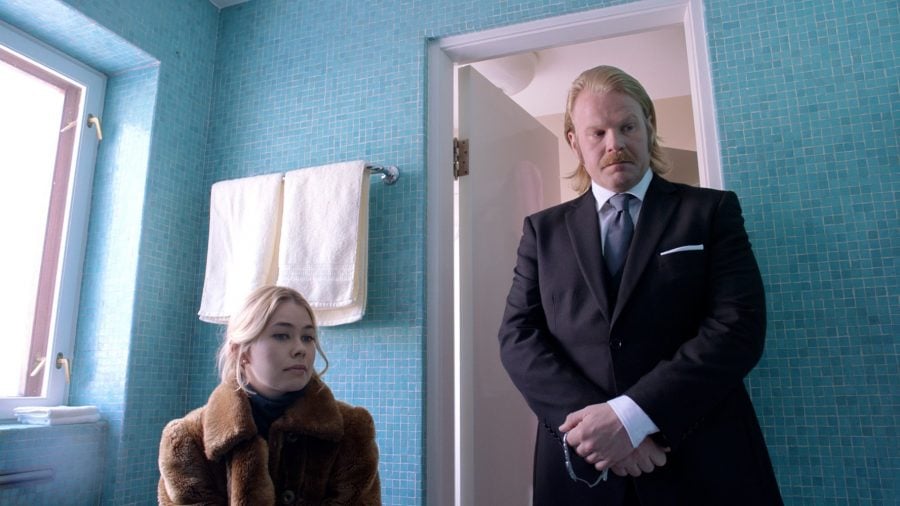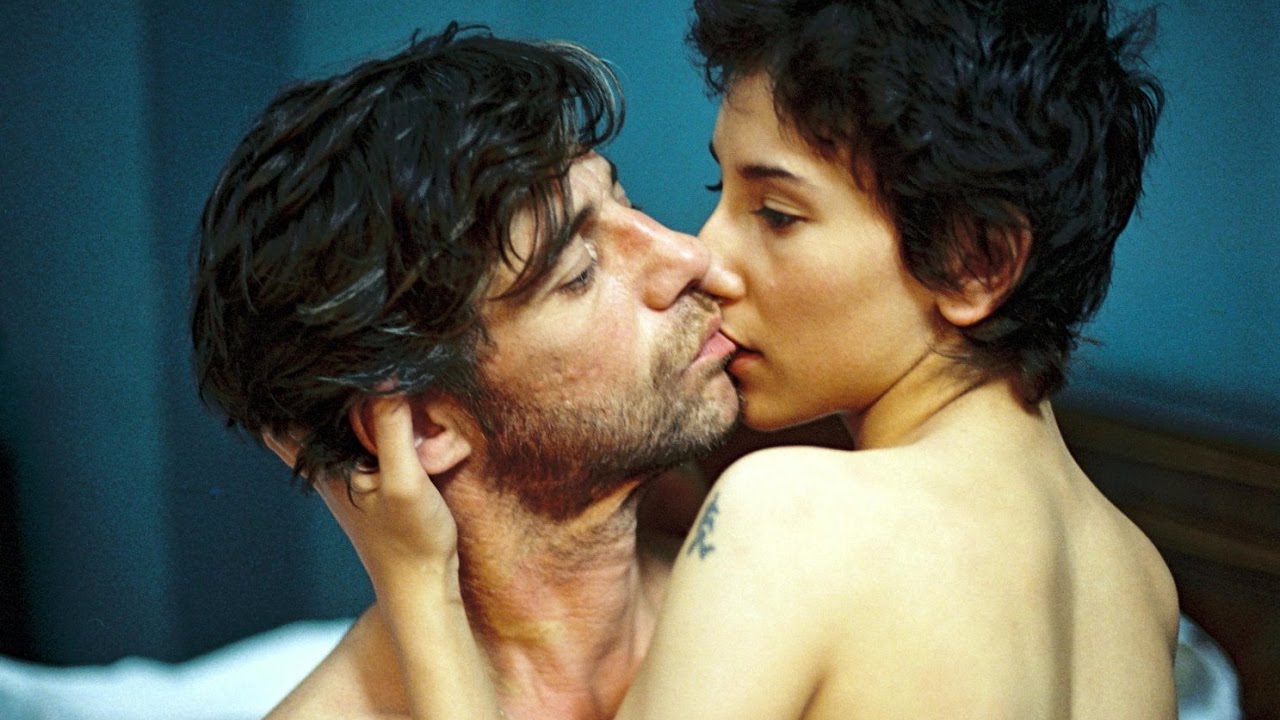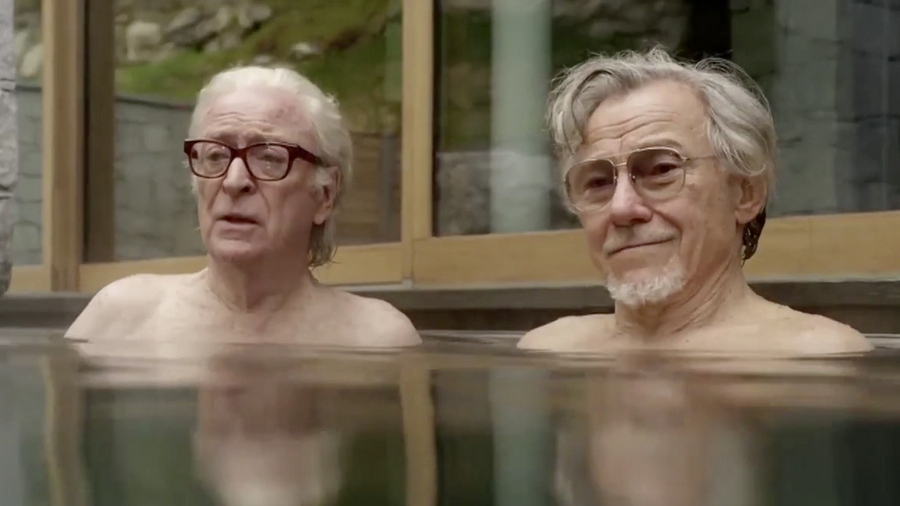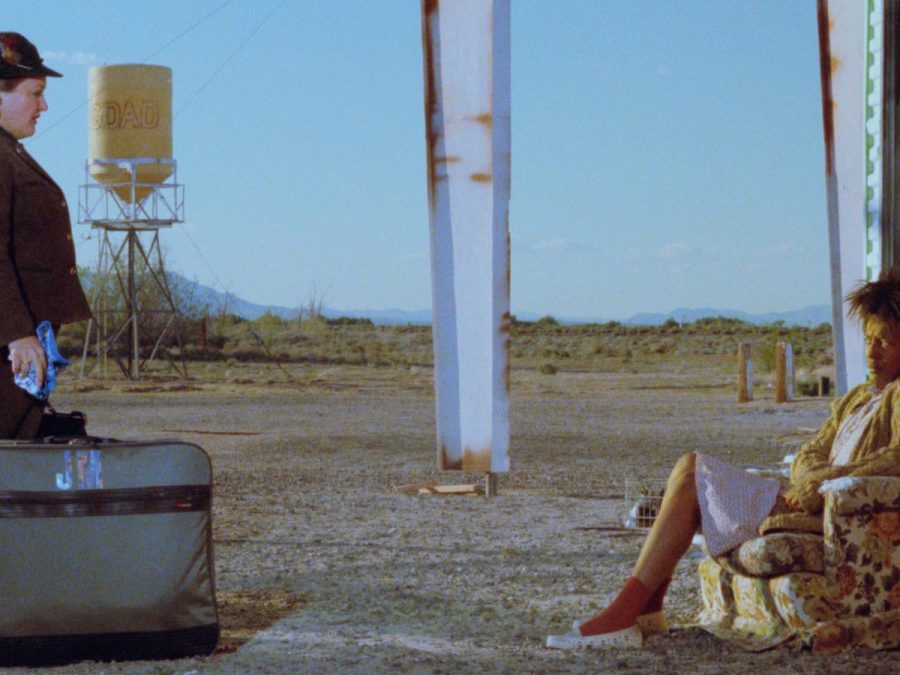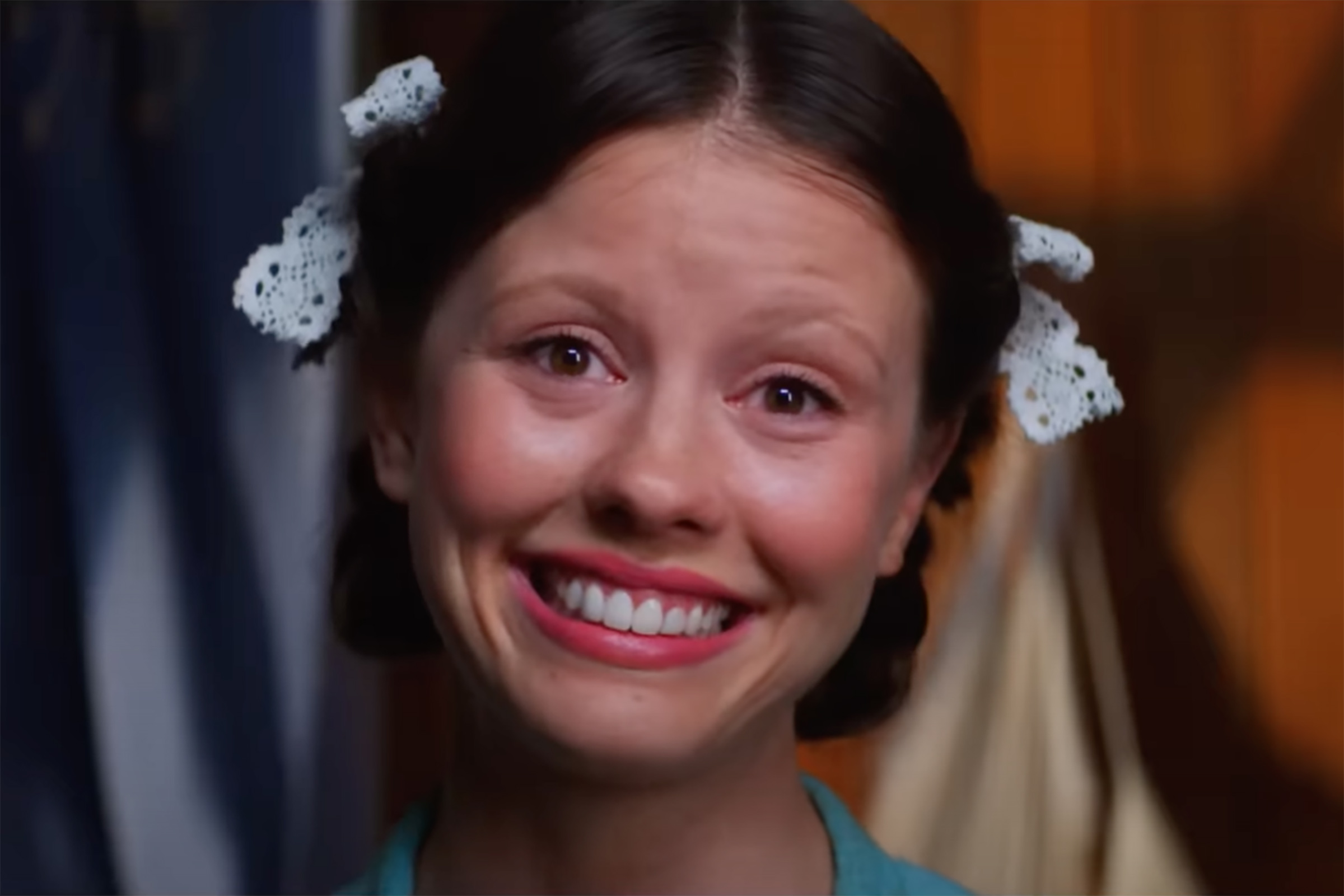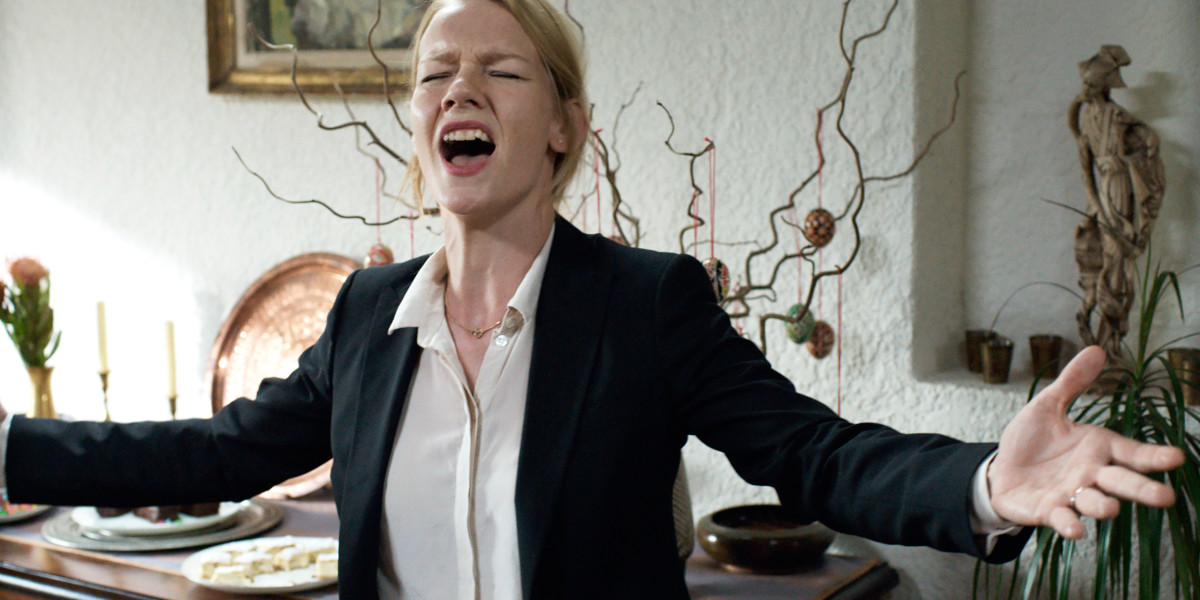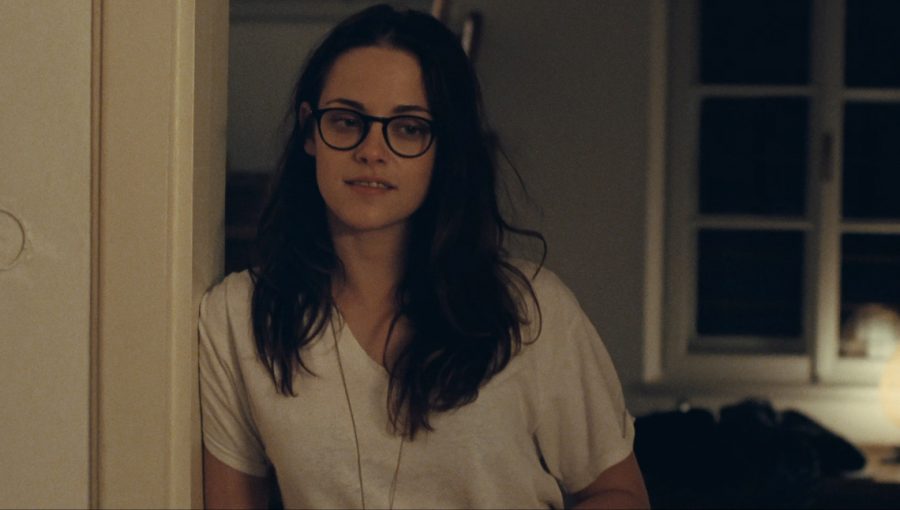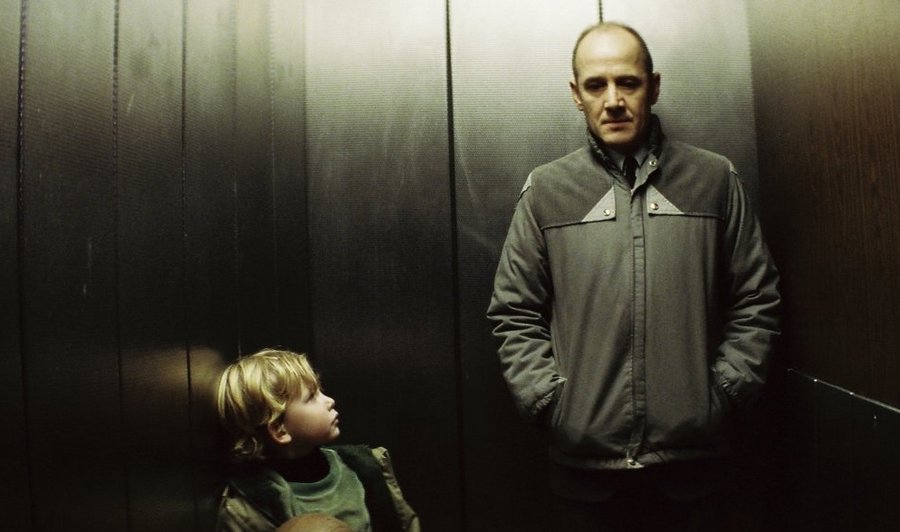
Movie
7.6
The Staff
TLDR
We need a new word for 'awkward' after this.
What it's about
The take
More than a decade before she made Toni Erdmann, German filmmaker Maren Ade turned her eye on a small-town school, a socially awkward teacher, and the inarticulate in between. Even with her debut, Ade showcased a talent for spotting the hidden comic potential of situations that can be wounding, turning vulnerabilities into power through comedy. The Forest For the Trees is a dilemma-film, in the ways in which it both invites and rejects identification with Melanie. A frighteningly optimistic person, she misreads most if not all social cues and finds herself in embarrassing situations. Even more, her devotion to making it all work, after moving away from the big city for said teaching job, is something a lot of viewers can recognize and support, but her borderline unlikeability is sometimes too hard to ignore. However, a majestic finale crowns the film with a scene that is worth rewatching again and again, like a dream you wish to appropriate for yourself.
What stands out
This is, in fact, Maren Ade's graduation film and is based on stories her parents—both of them teachers—have told her. A somewhat personal project whose digital look is easily considered distasteful today, The Forest For the Trees utilizes the 2000s aesthetic to the fullest. Sure, the unpolished look is far from fashionable today, but the rawness of the material as we see it alludes to the protagonist's thin-skin-attitude. An under-appreciated Sundance winner, The Forest For the Trees represents its times impeccably: the anxiety of the unaltered digital image and the awkwardness it projects imbue the scenes of the film with a specific kind of trepidation, one that comes with the advent of something big and paradigm-shifting.
Comments
Add a comment
Your nameYour comment
UP NEXT
UP NEXT
UP NEXT
Curated by humans, not algorithms.

© 2024 agoodmovietowatch, all rights reserved.

